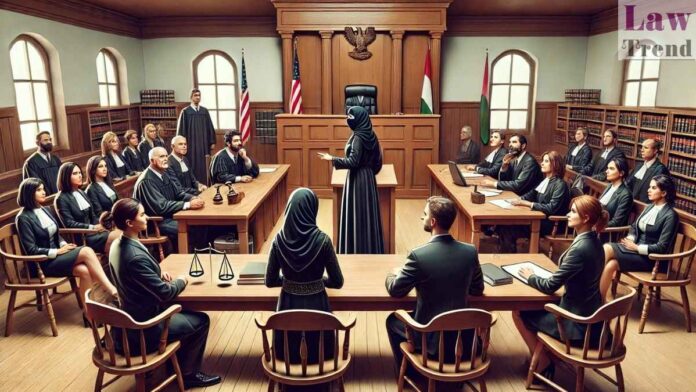In a recent judicial observation, the High Court of Jammu and Kashmir and Ladakh has stated that the dress code for women advocates as prescribed by the Bar Council of India (BCI) does not permit face coverings in court. This ruling came into focus following an incident involving a lawyer who appeared in court with
To Read More Please Subscribe to VIP Membership for Unlimited Access to All the Articles, Download Available Copies of Judgments/Order, Acess to Central/State Bare Acts, Advertisement Free Content, Access to More than 4000 Legal Drafts( Readymade Editable Formats of Suits, Petitions, Writs, Legal Notices, Divorce Petitions, 138 Notices, Bail Applications etc.) in Hindi and English.




